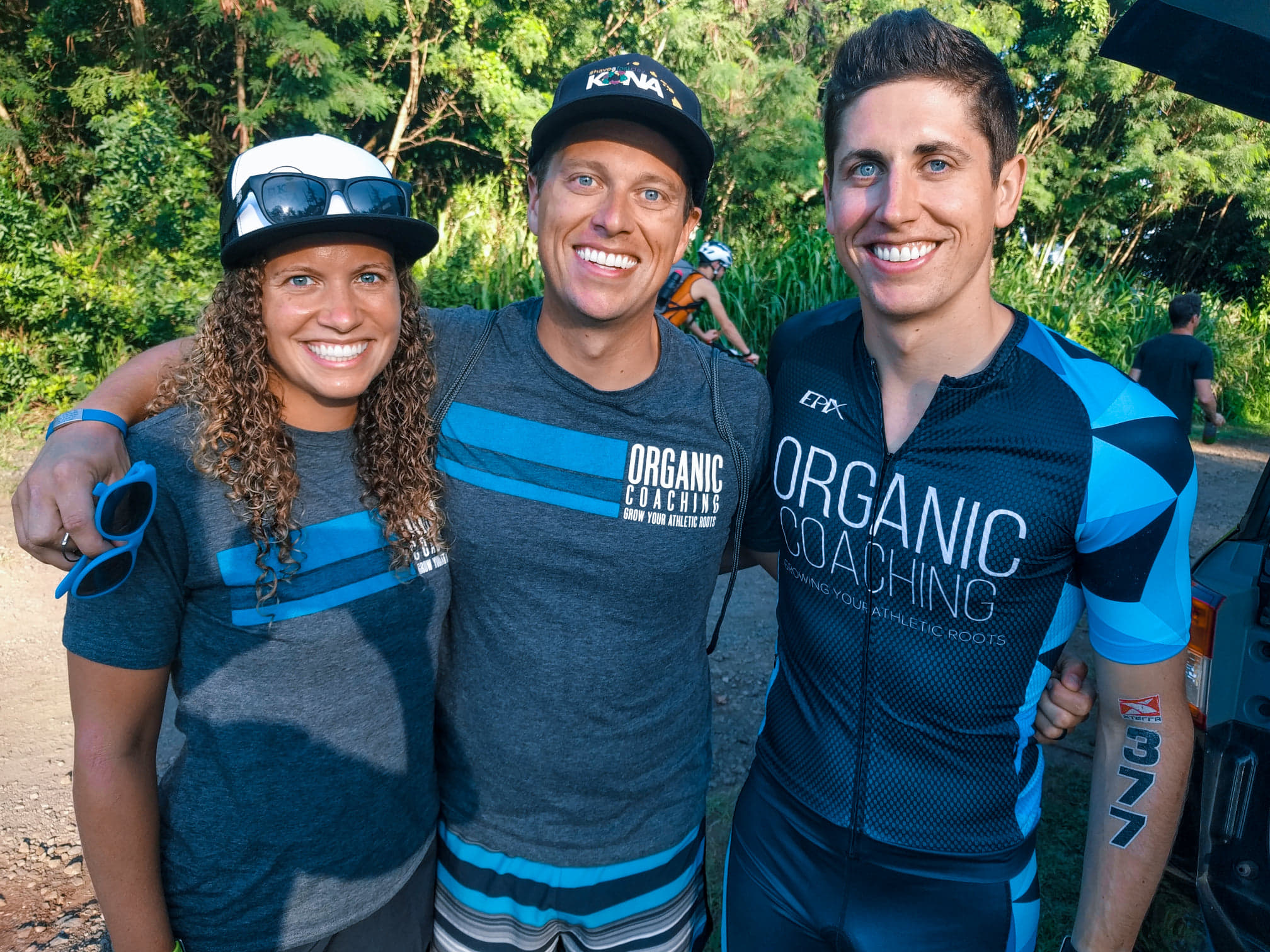
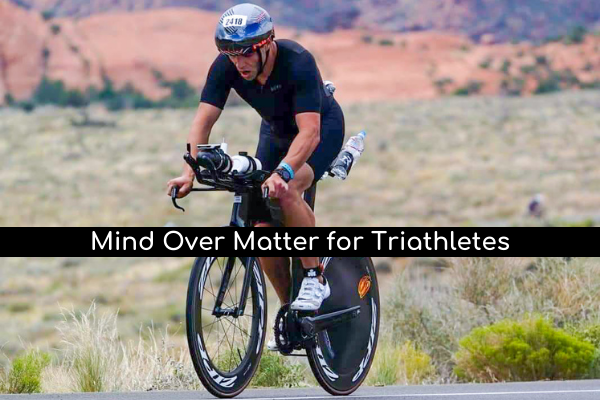
“Strength doesn’t come from what you can do.
Strength comes from overcoming things you thought you couldn’t”
Endurance athletes understand that the mental aspect of the sport is just as important as the physical training. Pushing your body AND your mind to your personal limits and beyond can help you continue to grow as an athlete and achieve your future goals.
We have all had moments in training or racing when pushing harder felt impossible. When slowing down or quitting seemed like the only options. That is because your mind is perceiving what your body is doing as painful and it wants the pain to stop. It’s the burn in your legs as the fatigue builds. The burn in your lungs as you swim at a race pace. Or the sound of your heartbeat pounding out of your chest. In these challenging moments, your mental strength is what will allow you not to give up and make the difference in overcoming the physical challenges. It is what we call “Mind over Matter”. In other words, the body only achieves what the mind believes.
Being able to build mental strength to endure more is not something that is achieved overnight. It takes daily conditioning to train your mind past what you thought was your pain threshold. So how do we continue to push when things get tough? How do we endure more? How do we build that mental strength?
First, understand that pain and discomfort are temporary. A race or a tough training session is limited in time and distance. Pain is more manageable when it is known to be for shorter periods of time. An entire race or training session may seem daunting to think about, so it is best to break it up into sections or milestones. Tell yourself that you only have to push for this interval, to that next buoy, or only up that last hill. This will allow you to focus on tackling one obstacle at a time. Once you made it to that milestone, find the next one. Push yourself just one more interval, up to that next stoplight or to that other athlete up ahead. Use what you have in front of you to pull you forward. Eventually, all those small milestones add up towards the greater goal which builds confidence and momentum.
The second is going into the session or race with confidence and intention. Self-doubt will leak into your mind and turn things into a battle between the body and mind. You will wonder if you will be able to meet your goal or if you can even finish the race. It is inevitable to have these thoughts, but you cannot let your body succumb to the mind. You will have to fight it and remind yourself that you are capable and will succeed. Use mantras to repeatedly tell yourself that you can and you will! Visualize yourself crossing the finish line, getting a medal, and hugging your loved ones at the end. Visualization and the power of positivity are methods to mask doubt and negative thoughts.
Also, remember why you want to succeed. It is easy to stop in your tracks and give up if you do not have a reason why you are putting yourself through the pain. Maybe you are racing for the sense of accomplishment, for your health, to set a good example for your kids, or in honor of a lost loved one. Whatever your reason is, remind yourself of it regularly. Use it to carry you through the dark and painful moments that can happen in racing.
Lastly, take the time and reflect on your journey and what you have already achieved. Remember all the times you have pushed yourself past your limit and how much stronger you became as a result. Use this to reinforce that when the work is put in, the results will come. When you know that you have hit the power numbers or the paces in training, it makes it that much easier to know that it can be done in racing as well.
Endurance athletes thrive on testing their abilities and pushing their bodies to the limits. It takes time and lots of practice to get the body and mind to work in harmony with each other.
**Disclaimer: Do not exercise through pain that involves an injury**
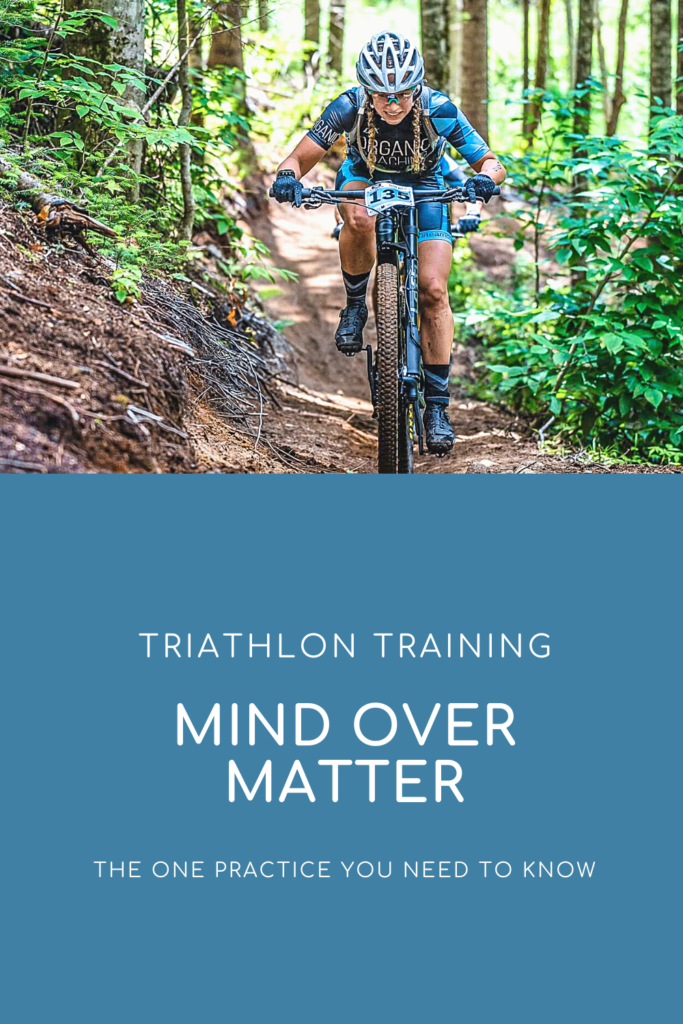
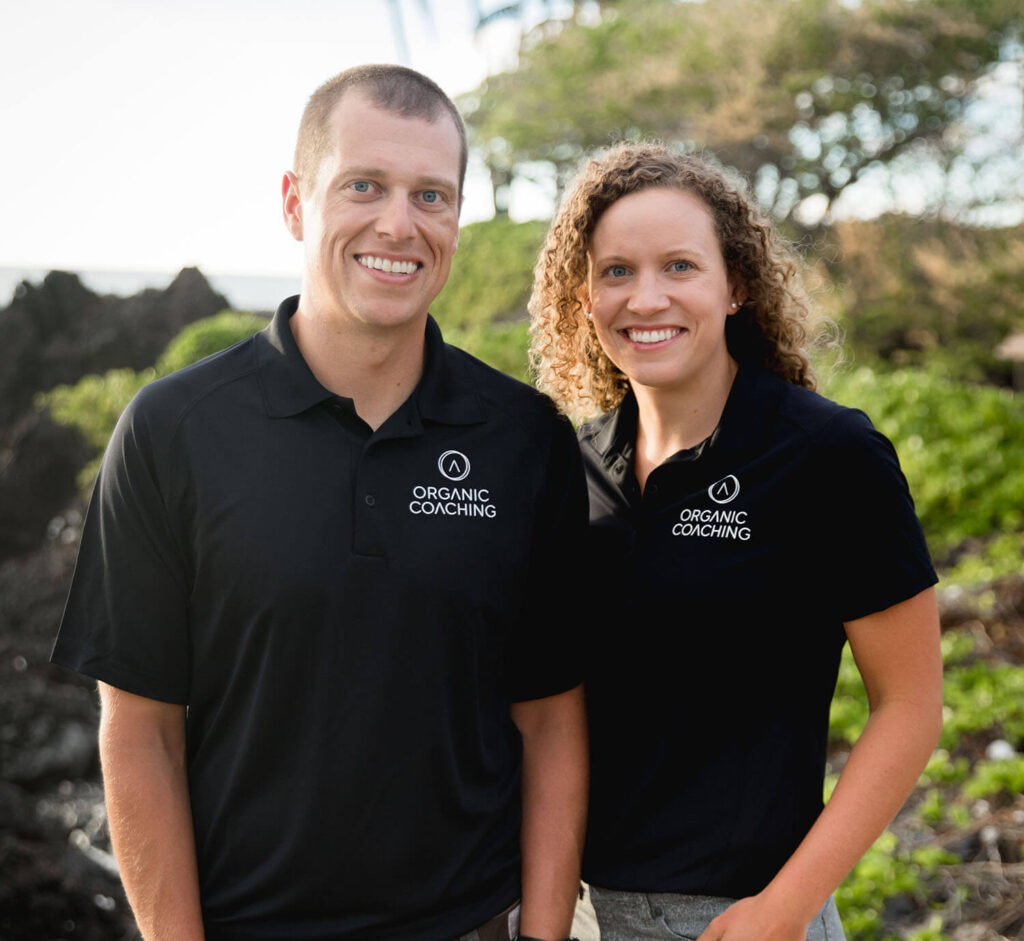
Carly and Tyler Guggemos built Organic Coaching in 2014 with a simple philosophy that works. The idea is to take what you have and grow it to get faster, fitter and stronger. And to do it with the time you have – not the time you wish you had.
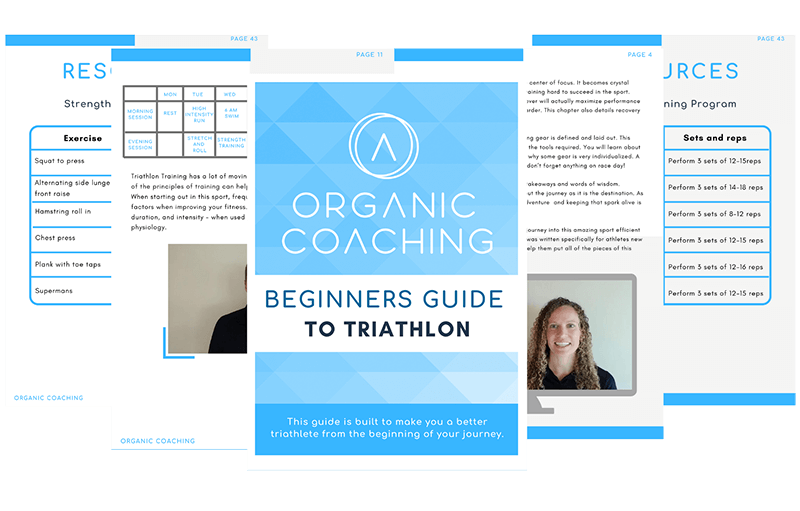
For athletes who are ready to take their training to the next level while still thriving and succeeding in their professional and family life.
Copyright © 2024 Organic Coaching LLC